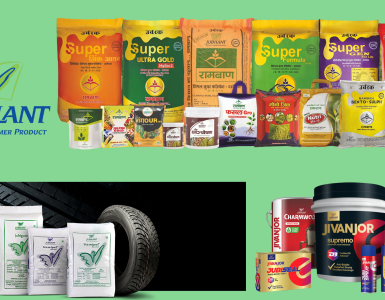An entrepreneur nurtures his business towards growth with a great deal of responsibility towards his venture. At some point he looks at inorganic growth through M&A as a means to enter new markets, to eliminate/reduce competition, for backward and forward integration, and/or to enter new product lines/product offerings. This quest for growth comes with inherent risks. While these risks can be reduced through due diligence, the risks cannot be eliminated completely. A buyer typically seeks indemnity to protect against such liabilities. Thus Indemnities form a key part to a deal negotiation.
The insurance markets have a product where insurance can be used as a form of indemnity and this Insurance can be used to sweeten the deal by paying a fraction of the indemnity amount as insurance premium. This eliminates the requirement to put aside money in an escrow account or a requirement to set a contingent fund for possible breach of warranties. A buyer can even use it to enhance the indemnities provided by the seller. The premium is a one-time payment for a policy that can last for upto 7 years.
Each deal can be designed to wrap around the indemnities provided by the seller (Indemnities can be enhanced by either increasing the indemnity amount or by increasing the duration of recourse or Insurance can also be used to provide cover from ground up). Each transaction is unique and each policy designed to fit the needs of a transaction. Thus buyers and sellers must consider this product before entering the negotiating room. It is also important to know coverage aspects and placement process. An experienced M&A insurance advisor will be able to navigate you through this process effectively both before and during deal negotiations and through policy placement.
Warranties and Indemnities (W&I) Insurance provides cover for financial losses arising out of sellers breach of Warranties under the Sales and Purchase Agreement (SPA). Insurance typically covers all warranties (where due diligence is available) that are provided under the SPA which includes all General Warranties, Business Warranties, Tax Warranties and Title Warranties(of shares). The insurer typically requires access to the data room before providing such a cover.
The policy covers all warranties given by a seller under the SPA but excludes any forward looking statements, known issues (specific to the deal), issues that are prevalent in the market (such as transfer pricing) and issues such as pension underfunding issues. Specific warranties can be covered by the insurer provided there is sufficient diligence around it.
Policies can be placed on both buyer (buyer side) and sellers (seller side policy). The market typically sees more buyer side policies than seller side policies. The premium amount can be negotiated between the buyer and sellers and adjusted from the deal consideration.
Increasingly popular, this product is being used by private equities in the exit phase. Typically Private Equities that are towards the end of their fund life cycle use this product to provide indemnities and are thus able to distribute the proceeds of the sale to their investors.
Corporate entering new geographies are typically new to the jurisdiction of the target company and thus find comfort in insurance. Corporates use this product similarly when they make an exit from a jurisdiction.
The product is widely used in geographies such as Australia, Europe and America. India has typically seen a higher demand on Tax Liability Insurance that is a different insurance product for known tax risks in a transaction. Demand for W&I insurance however is catching up. The lack of demand from the Indian market has typically been due to the lack of awareness of the product.
Insurance should thus be considered for M&A transactions to ease the negotiation in a transaction.
This article is written by Mr. Samir Thakker. He is Associate Vice President with AON Global Insurance Brokers Pvt. Ltd. Disclaimer: The opinions expressed in this article are the author’s own and do not necessarily reflect the view of the company.




